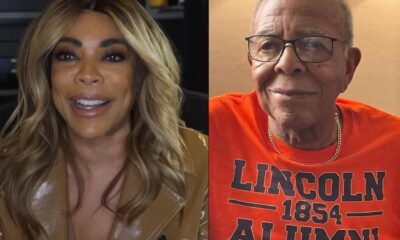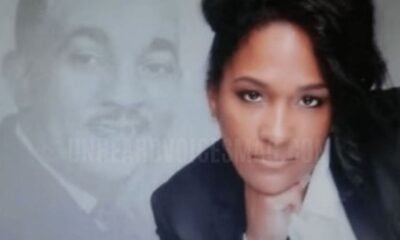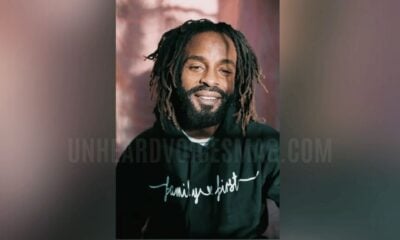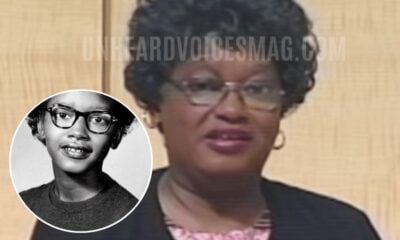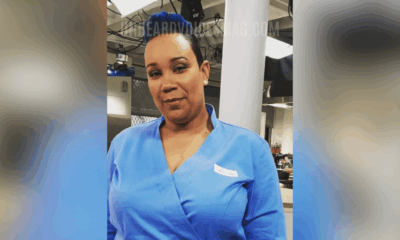In Memoriam
Donnie Andrews, man who inspired ‘Omar’ from The Wire, dead at 58
Donnie Andrews, the Baltimore gangster who inspired the part of Omar Little has died of a heart attack. He was 58.
Donnie Andrews, the Baltimore “gangster” who inspired the part of Omar Little on the TV series The Wire has died of a heart attack. He was 58.
Andrews grew up on the West Side of Baltimore, and made a living being a stick up kid – robbing drug dealers. He served 18 years in jail, but was let out on parole in 2005.
In an interview with Vice Magazine, Donnie Andrews said The Wire character resembled him to the tee. ”They made Omar exactly the way I was,” Andrews said. “David [Simon] wrote ‘The West Side Story’ [the initial Baltimore Sun article about Donnie] after my conviction in ’86 and they basically had everything down-pat. The gay part they took from a guy called Billy Outlaw, he was a gay stick-up guy.”
But after confessing to murder and helping authorities crack down on a major crime ring, he took another mission : helping the youth. He started a non-profit called “Why Murder?” offering counseling to gang members and inner city children.
Real stories. Real impact. Straight to your inbox. Join thousands others. Click here to subscribe to our newsletter today!
Discover more from Unheard Voices Magazine®
Subscribe to get the latest posts sent to your email.
-

 Crime & Justice2 weeks ago
Crime & Justice2 weeks agoNew Brunswick, NJ 16-year-old shot and killed inside home
-

 Culture2 weeks ago
Culture2 weeks agoSt. Thomas Carnival 2026 dates announced
-

 Opinions2 weeks ago
Opinions2 weeks agoThe arrests of journalists who covered Minnesota church protest is an attack on independent journalism and freedom of press
-
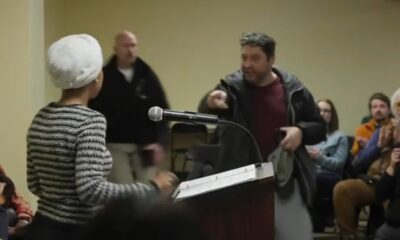
 Crime & Justice2 weeks ago
Crime & Justice2 weeks agoLegal Defense Fund calls on federal leaders to condemn violence against public officials and cease inciteful rhetoric
-

 Social Justice1 week ago
Social Justice1 week agoTemple student who assisted Don Lemon in covering Minnesota protest faces federal charges
-
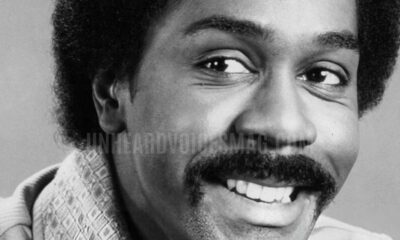
 Black Excellence2 weeks ago
Black Excellence2 weeks agoIn Memoriam: Demond Wilson, ‘Sanford and Son’ Star (1946 – 2026)
-

 Black and Missing1 week ago
Black and Missing1 week agoUpdate: Missing N.J. autistic teen is not in federal custody
-

 Crime & Justice1 week ago
Crime & Justice1 week agoOhio man sentenced to 21 years to life in fatal uber driver shooting


